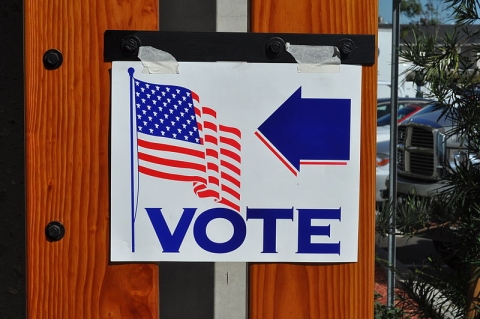Runoffs & Recounts: What Happens Next?

by: Thomas Travis, Olivia Snider, Hunter Shelman, and Tyler Mullins
Many of the close election results tonight suggest that a few Senate races may be going into recounts or runoff elections. Here’s what would happen next.
As we discussed earlier, Louisiana will be holding a runoff election, and Florida very well could face a recount, although some networks have called the race for incumbent Republican Rick Scott.
North Carolina, Kansas, and Virginia may be facing recounts, but none of them would be mandatory—that is, a candidate must demand the recount. The state will not automatically recount the votes.
In North Carolina, a candidate can demand a recount of the votes if the difference between the candidates is less than 0.5% of the votes cast or 10,000 votes, whichever is less. The county election boards conducting the recount pay for the cost of the recount.
Kansas recounts may occur if there is a discovery of errors in the poll books that may affect the results of the election or by request. The candidate who requests the recount bears the cost unless the results show that a candidate was defeated by 0.05% or less of the total number of votes, in which case the state shall bear the cost of the recount.
Finally, in Virginia, a trailing candidate can ask for a recount, and only if the difference between the apparent winning candidate and the apparent losing candidate is not more than 1% of the total votes cast for those two candidates. The counties and cities involved in a recount are responsible for paying their own costs of the recount if the margin between the two candidates is less than 0.5%, or if the candidate requesting the recount is declared the winner by the recount court. Otherwise, the candidate who requested the recount must pay the costs for conducting the recount.
